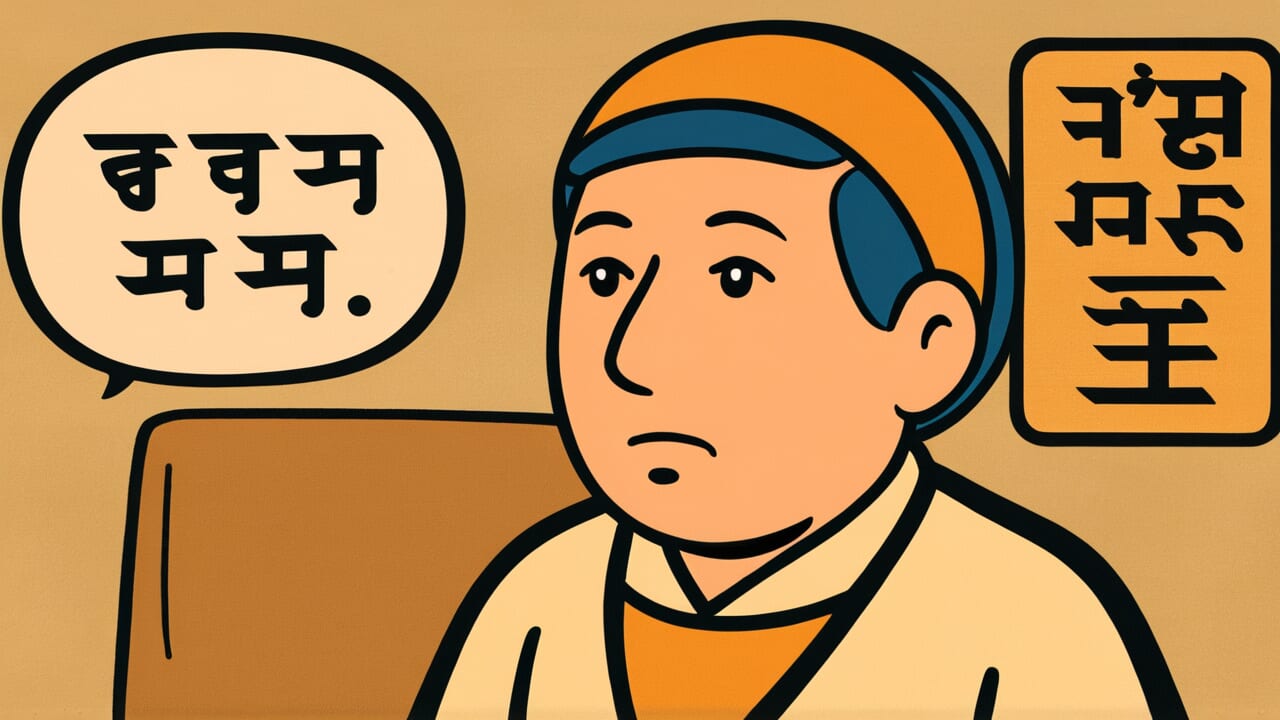Cultural Context
Truth-telling holds sacred status in Indian philosophy and spiritual traditions. Ancient texts emphasize truth as a fundamental virtue for righteous living.
The concept connects deeply to dharma, the moral law governing individual conduct.
In Hindu, Jain, and Buddhist teachings, speaking truth represents spiritual discipline. It requires courage because truth can invite conflict or personal loss.
Indian culture views this honesty as a test of inner strength.
Parents and elders traditionally pass this wisdom to younger generations through stories. The Mahabharata and Ramayana feature characters facing difficult choices about honesty.
These tales show truth-telling as heroic, even when consequences seem harsh.
Meaning of “Speaking the truth is the greatest courage”
This proverb states that speaking truth demands the highest form of bravery. Honesty often requires facing uncomfortable situations or powerful opposition.
The courage lies in choosing truth despite potential negative outcomes.
A student might admit cheating on an exam, risking punishment and shame. An employee could report workplace corruption, possibly losing their job or facing retaliation.
A friend might deliver difficult feedback, knowing it could damage the relationship. Each situation requires weighing personal safety against moral integrity.
The proverb acknowledges that truth-telling isn’t easy or automatic. Silence or deception often appears safer in the moment. True courage means speaking up when staying quiet would be easier.
This applies especially when truth challenges authority or popular opinion.
Origin and Etymology
It is believed this wisdom emerged from ancient Indian philosophical traditions. Vedic texts dating back thousands of years emphasized satya, or truthfulness.
Early Indian society valued truth as essential for social harmony and justice.
Oral tradition carried these teachings through generations before written records existed. Spiritual teachers and family elders reinforced truth-telling through daily instruction.
The concept appears in various forms across Indian languages and regions. Sanskrit texts formalized these ideas, which later influenced Hindi and other languages.
The proverb endures because it addresses a universal human struggle. Every generation faces situations where honesty conflicts with self-interest.
Its simple phrasing makes the wisdom memorable and easily shared. Modern India still references this teaching in education, politics, and personal ethics.
Usage Examples
- Doctor to Patient: “Your condition won’t improve without major lifestyle changes – Speaking the truth is the greatest courage.”
- Friend to Friend: “Your business idea needs more research before you quit your job – Speaking the truth is the greatest courage.”
Lessons for Today
This wisdom remains vital in today’s complex world of competing interests. Social media, workplace politics, and personal relationships constantly test our honesty.
Speaking truth still requires courage when lies seem more convenient or profitable.
Consider someone witnessing discrimination at work who must decide whether to report it. A person might need to admit a mistake that costs money or reputation.
These moments reveal whether we prioritize integrity over comfort. The proverb reminds us that choosing truth builds character and self-respect.
Balance matters in applying this wisdom thoughtfully and appropriately. Cultural sensitivity and timing affect how we deliver difficult truths.
The goal is honest communication, not brutal bluntness that harms unnecessarily. True courage includes speaking truth with compassion and considering the impact.



Comments